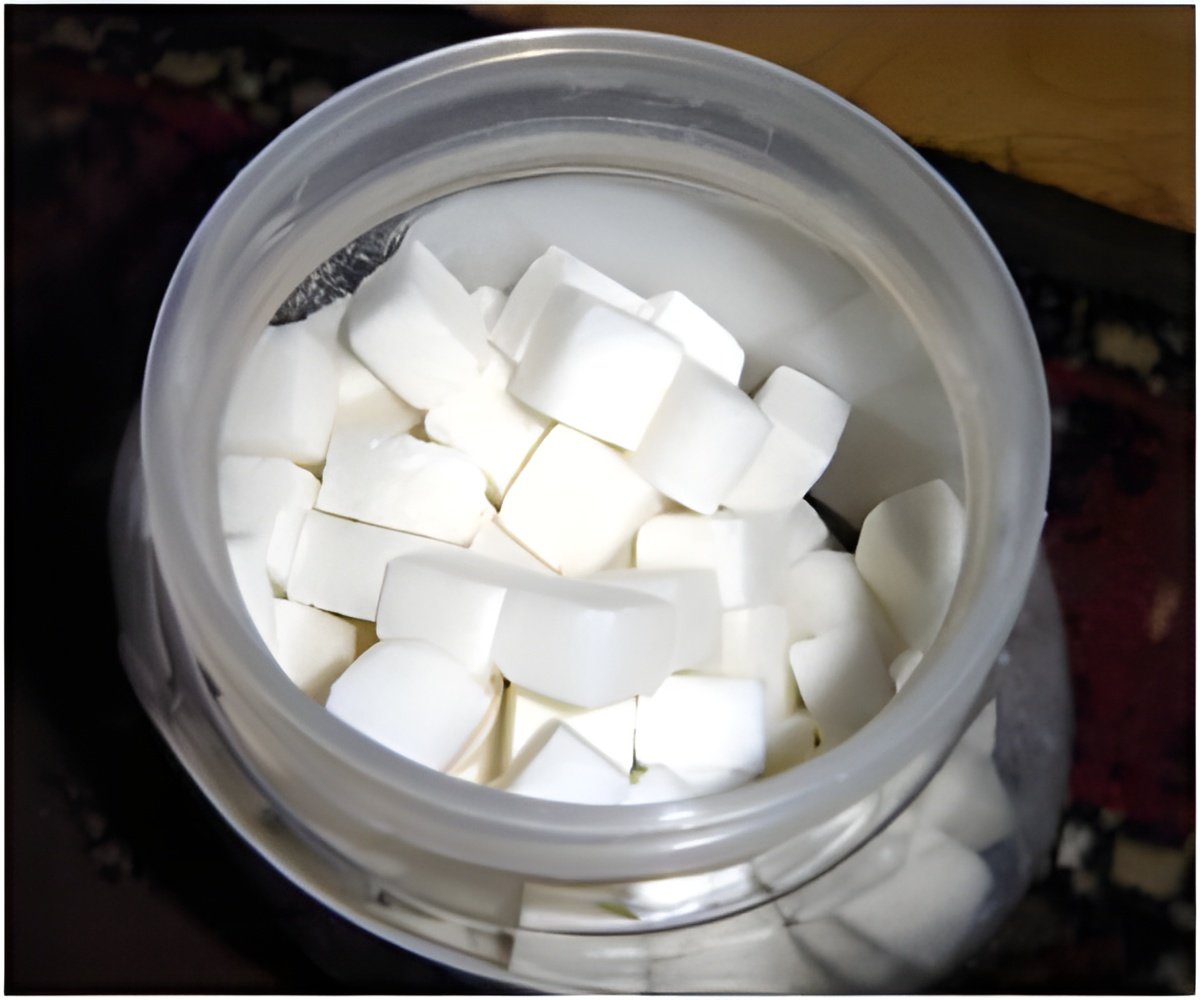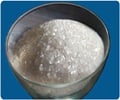The study participants reported greater hunger and desire for food after they were shown images of high-calorie food items.
Fructose and glucose are simple sugars. Animal studies have revealed that glucose and fructose can have different effects on appetite and metabolism. Scientists were interested in understanding the brain changes to a region called the hypothalamus which helps to control appetite. They found that due to differences in metabolism, fructose may enhance the reward value of high-calorie food and promote eating, compared with glucose.
Kathleen A. Page and colleagues conducted fMRI scans on 24 people who had been given drinks sweetened with fructose on one day and glucose on another day, to assess the different effects of the two sugars on hunger and food cue responses in the brain. The study participants were shown images of high-calorie foods and then they reported their level of hunger and desire for the foods. Participants reported greater hunger and exhibited greater activity in the orbitofrontal cortex and visual cortex of the brain in response to the food images after ingesting fructose, compared with responses after ingesting glucose.
The authors also found that fructose produced a smaller plasma insulin response than glucose. When presented with a choice between delayed monetary rewards or immediate high-calorie food rewards, participants displayed greater willingness to give up monetary rewards for high-calorie food rewards after ingesting fructose than after ingesting glucose. The authors said, "The results suggest that ingestion of fructose may not produce the same satiety effects as glucose."
Source-Medindia










